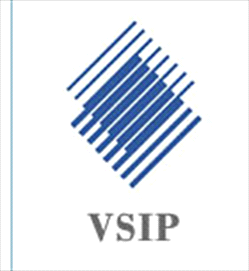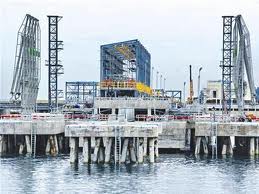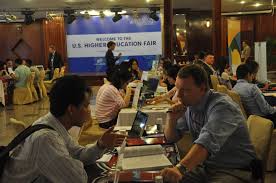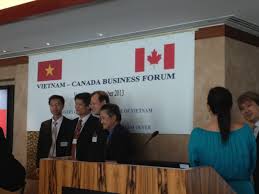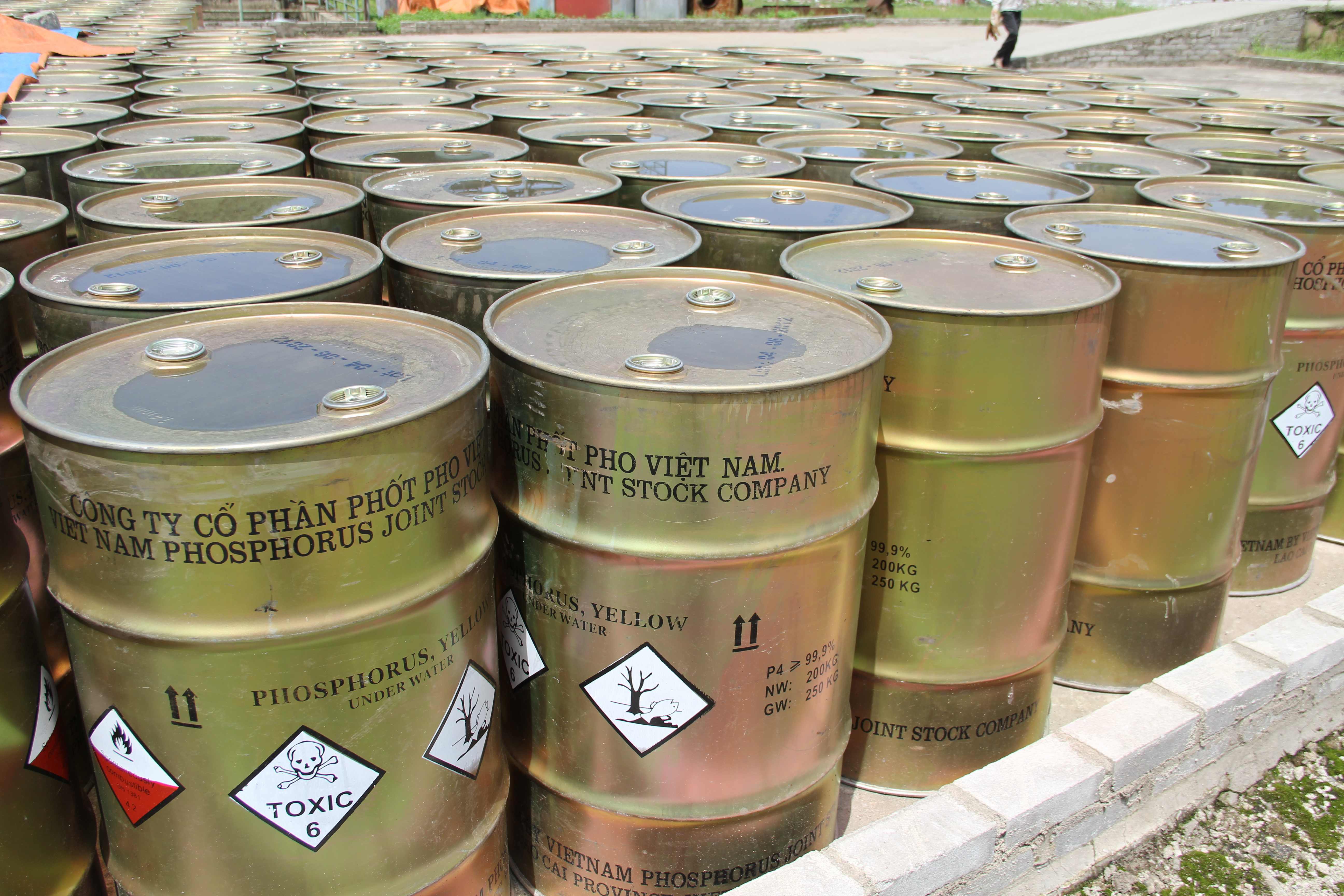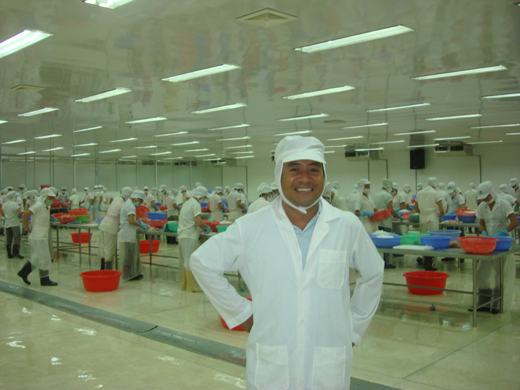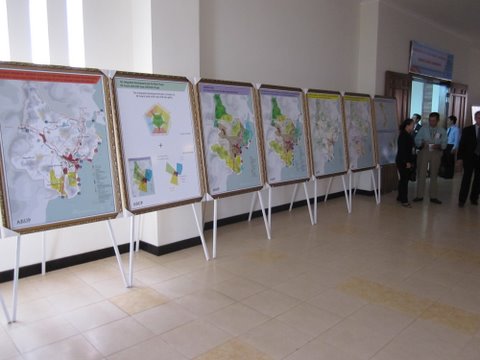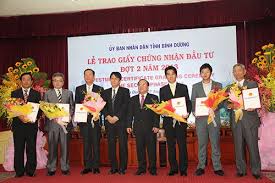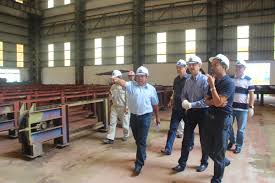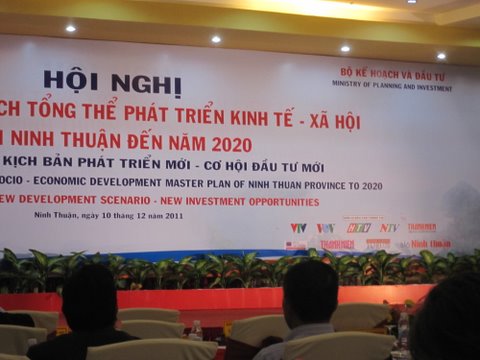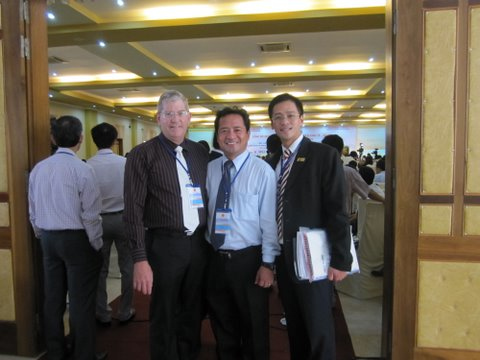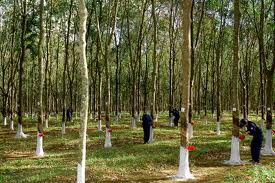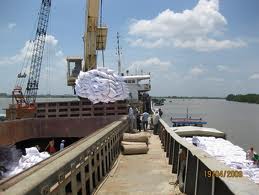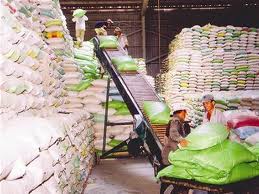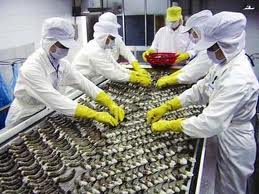quick links
partners
| US, Vietnam sign nuclear trade agreement |
|
By Lesley Wroughton BANDAR SERI BEGAWAN, Brunei (Reuters) - The United States and Vietnam on Thursday signed a pact that would allow the transfer of nuclear technology to the Southeast Asian nation and open the way for U.S. investment in the burgeoning industry, in another sign that Washington is seeking stronger economic and strategic ties in the region. U.S. Secretary of State John Kerry said the U.S.-Vietnam Civil Nuclear Cooperation Agreement would allow U.S. firms to tap Vietnam's future nuclear power market, although the State Department said the deal will not allow Vietnam to enrich or reprocess U.S.-origin nuclear materials. "This agreement will create numerous opportunities for our businesses," Kerry told Vietnam's Foreign Minister Pham Binh Minh on the sidelines of an Asian summit in Brunei. "Obviously our nuclear cooperation is quite significant." Vietnam is working with Russia to build its first nuclear plant in 2014 for completion in 2020 in the south-central province of Ninh Thuan, as demand for energy grows rapidly in response to economic growth of around 5 percent a year. It has also signed an agreement with a Japanese consortium to develop a second nuclear power plant in the same province, with two reactors to become operational in 2024-2025. Vietnam has the second-largest market after China for nuclear power in East Asia, which was expected to grow to $50 billion by 2030, according to Kerry. The United States has moved to improve economic and security ties with Vietnam, part of its strategic rebalancing towards Asia that some see as a policy to counter China's rising clout. China's assertive claims over the South China Sea have raised tensions with Vietnam, as well as other Southeast Asian nations. Vietnam's poor human rights record is a major obstacle to closer ties and U.S. labor and human rights groups have urged Obama to suspend free-trade negotiations with Vietnam because of its treatment of workers and government critics. Analysts say a sharp increase in the past few years in arrests and convictions of government detractors, in particular, bloggers, could complicate the nuclear deal as Congress needs to be convinced Vietnam is changing its tack. The deal will be submitted to U.S. President Barack Obama for his review before it is sent to Congress for its approval by the end of the year, a U.S. official said. "Getting to this stage … moves us closer to an expanded civil nuclear cooperation with Vietnam," the official, who briefed reporters in Washington, said. "Vietnam is actively taking steps now toward development of a robust domestic infrastructure to support a nuclear energy program," the official added. With Vietnam at an early stage of nuclear development, the official said the agreement provides the basis for U.S. firms to enter the market early as it builds nuclear power plants and for the U.S. government to ensure the proper safeguards. The U.S. official said the agreement "will also strengthen the Obama administration's long-standing policy of limiting the spread or enrichment and reprocessing capabilities around the world." The deal stems from U.S. President Barack Obama's Prague initiative, a drive for global nuclear security which he launched in his first term. Asked whether the provisions of the deal would ward off any concern that Vietnam might someday seek nuclear weapons capability, the official said: "That certainly would close off one path toward that." (Additional reporting by Ho Binh Minh in Hanoi and Matt Spetalnick; Editing by Stuart Grudgings and Michael Perry) |


